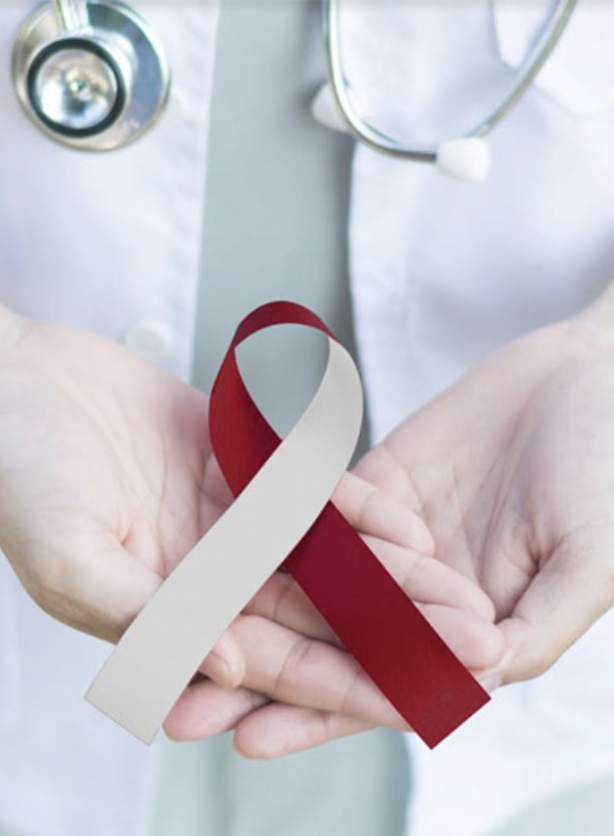
APRIL IS ORAL CANCER AWARENESS MONTH
This April, we stand in observance of the 22nd Annual Oral Cancer Awareness Month. With the right information within our reach, we can all take care of ourselves and our loved ones in the hopes of preventing oral cancer.
Oral cancer falls within a group known as head and neck cancers. This type of cancer develops in most parts of the mouth, including lips, tongue, inner cheek, palate, and throat. While reports state that one person dies from oral cancer every hour, if detected early, the patient can be treated with a greater chance of recovery and survival.
Read on to learn more about oral cancer, the risk factors involved, and how crucial early detection is to patients.
WHAT ARE THE SYMPTOMS OF ORAL CANCER?
The most common symptoms of oral cancer can be easily overlooked. Typically, a cut inside your mouth won’t be considered life-threatening in any way. That’s just one more reason why seeing your dentist regularly is crucial, not only for your oral health, but also your overall physical wellbeing.
It’s worth noting that some of these symptoms may seem fairly commonplace. The key difference is when they last longer than usual, typically 2 weeks or more.
The following are part of a longer list of symptoms that may be indicative of a potential health issue.
- Sores inside your mouth or on your lips
- Numbness or pain inside the mouth
- Difficulty speaking and swallowing
- Non-stop coughing
- Jaw swelling
If you experience any of these symptoms, it’s imperative that you see a professional as soon as possible. As always, we urge you to seek the medical assessment of your dentist to get the full picture and figure out the best course of action for your particular case.
RISK FACTORS
Patients who consume tobacco products, either by smoking (cigarettes, cigars, pipes) or chewing them, are at risk to develop some kind of oral cancer. Studies have shown that men are twice as likely to get it. Also, patients who have HPV (human papillomavirus) are more susceptible to an oral cancer diagnosis.
If you have a family history of oral cancer, you may be at greater risk because it’s in your genetic makeup. Furthermore, not maintaining good oral hygiene will complicate matters and make you more vulnerable.
Frequent facial exposure to the sun, poor nutrition, and a weak immunological system are also risk factors in regard to oral cancer.
THE IMPORTANCE OF EARLY DETECTION
Part of the efforts put forth during Oral Cancer Awareness Month is making sure that the general public knows the importance of early detection.
By finding oral cancer early, doctors can provide proper treatment to ensure a higher chance of beating this unforgiving disease. That’s why we’re encouraging everyone, along with The Oral Cancer Foundation, to visit their dentist for regular check-ups that may help spot symptoms of oral cancer early.
Studies have shown that more than half the cases of oral cancer in the United States are detected at advanced stages. Don’t let that happen to you.
Remember, we’re here to help. Reach out today and let’s make prevention our goal.

